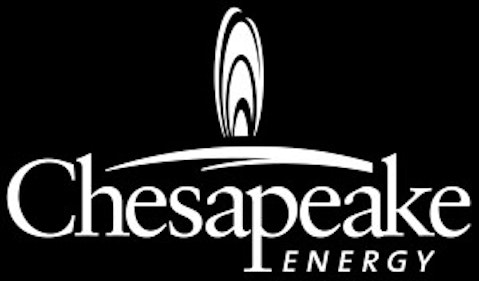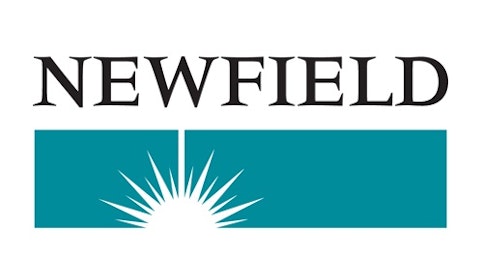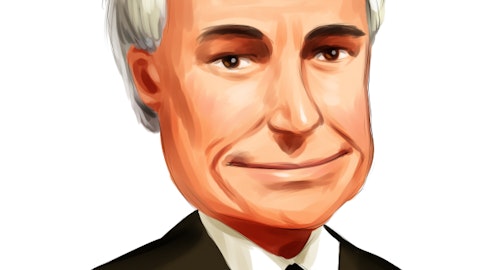In October 2008, Warren Buffett wrote an op-ed column in the New York Times titled ‘Buy American. I Am’. In his column, Buffett admitted that financial world was a mess. Buffett also acknowledged that the short run headlines would be scary and that the U.S. unemployment rate would increase.
While Buffett acknowledged that the short term fundamentals were bad, Buffett wrote that the long term fundamentals of the U.S. were good, and that he was buying U.S. stocks in his personal account. Buffett’s purchases became home runs six years later, as many of the stocks he bought during the financial crisis multiplied in value.

A similar situation is occurring to Chesapeake Energy Corporation (NYSE:CHK) today. Chesapeake Energy shares have taken a drubbing as short run natural gas fundamentals deteriorate. Forward month natural gas prices have fallen from $3/Mcf to $2.59/Mcf and natural gas inventories have risen past expectations. Given that Chesapeake Energy depends on natural gas for a substantial portion its revenue, analysts expect Chesapeake to lose 15 cents per share in 2015, and 4 cents per share in 2016.
While Chesapeake’s short run fundamentals are poor, Chesapeake’s long run prospects are promising. Chesapeake Energy is a resilient company, having survived multiple boom and bust cycles. Chesapeake maintained its dividend in 2012 when natural gas prices were $2/Mcf and in 2009 during the financial crisis. The company is in a better position than where it was in 2012, as its well costs are 30% lower. Chesapeake also has a better balance sheet, with $6 billion in budgeted liquidity from untapped credit facilities and cash.
Long run natural gas prices will be higher than $4/Mcf as LNG demand increases and LNG export terminals are built. Because natural gas has less negative externalities than coal, wealthy countries such as South Korea are switching from coal to natural gas, increasing LNG demand. As developing countries become wealthier, more countries will follow.
Most industry analysts believe that the long term price of LNG will not fall below $11/Mcf, the price that China is paying for Russia’s natural gas. Given a transportation fee of $3/Mcf and a liquefaction fee of $3/Mcf, a $11/Mcf floor would mean $5/Mcf for exporters, or 93% higher than the current forward month price. As more LNG terminals are built, the Henry Hub price should converge with the global price minus transportation and conversion costs. At $5/Mcf, Chesapeake Energy would be solidly profitable and its share price would be $25 a share or higher.
Many hedge funds own Chesapeake Energy Corporation (NYSE:CHK) for the long run. Carl Icahn has held Chesapeake shares since 2012, having recently added to his position last quarter. Mason Hawkins’ Southeastern Asset Management has also held shares since 2012. Following the picks of hedge funds can generate significant alpha. Our research shows that the 15 most popular small-cap stocks among hedge funds have outperformed the market by nearly a percentage point per month between 1999 and 2012. We have been forward-testing the performance of these stock picks since the end of August 2012. These stocks managed to return more than 132% over the ensuing 2.5 years, and outperformed the S&P 500 index by nearly 80 percentage points (read the details here).
Because of unpredictable weather changes and sentiment shifts, natural gas prices are unpredictable in the short run. If the short run fundamentals are poor, prices will often rise due to pain trades or weather calamities. If the fundamentals are good, prices will often sell off due to institutions de-risking their positions.
Natural gas prices are more predictable in the long run, as the underlying economics of natural gas is more stable. As long as Chesapeake Energy Corporation (NYSE:CHK) doesn’t dilute its shareholders or sell off its assets below fair value, its share price will be much higher as natural gas prices rise due to LNG demand.
Disclosure: None



